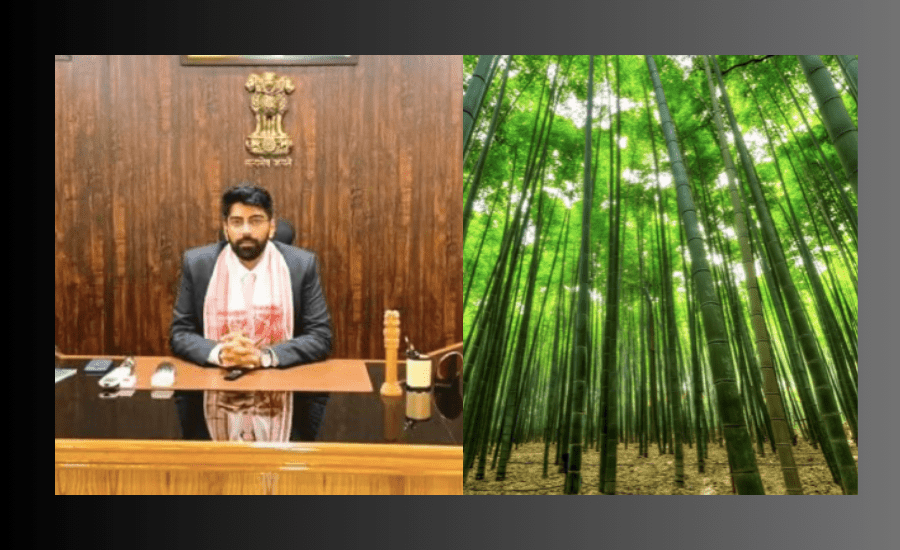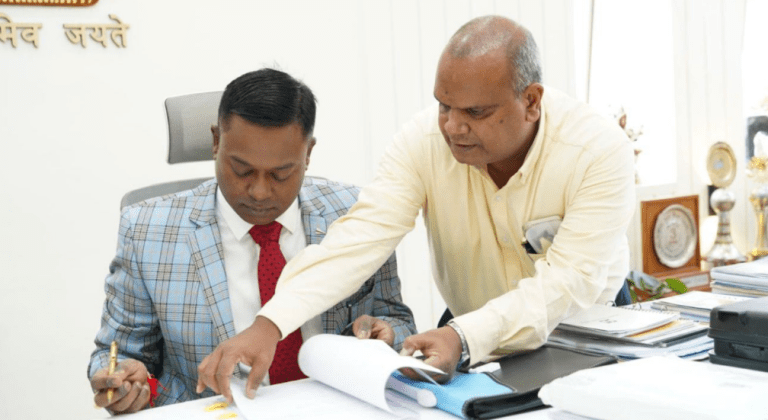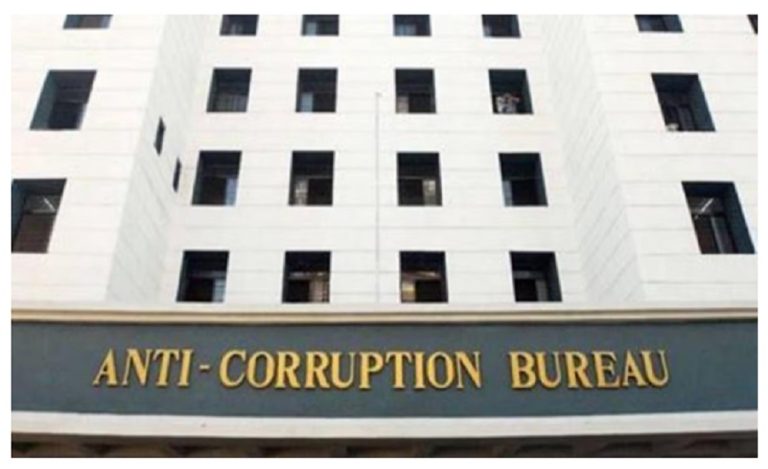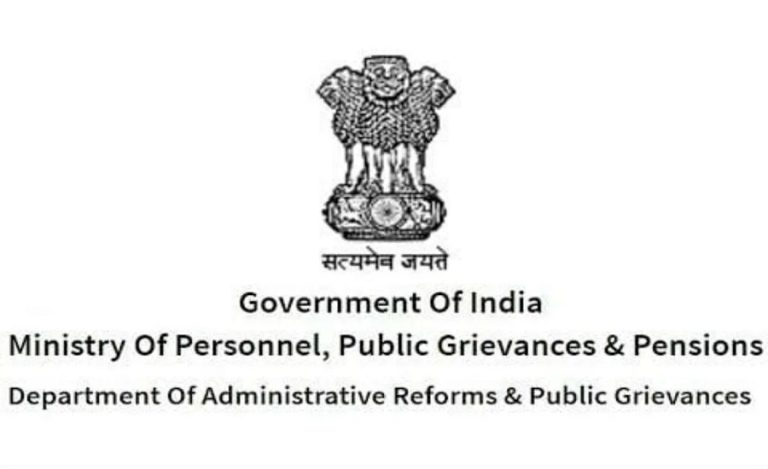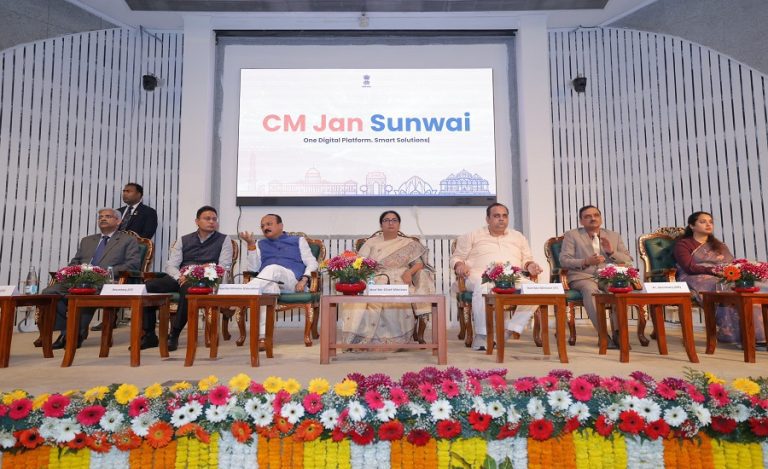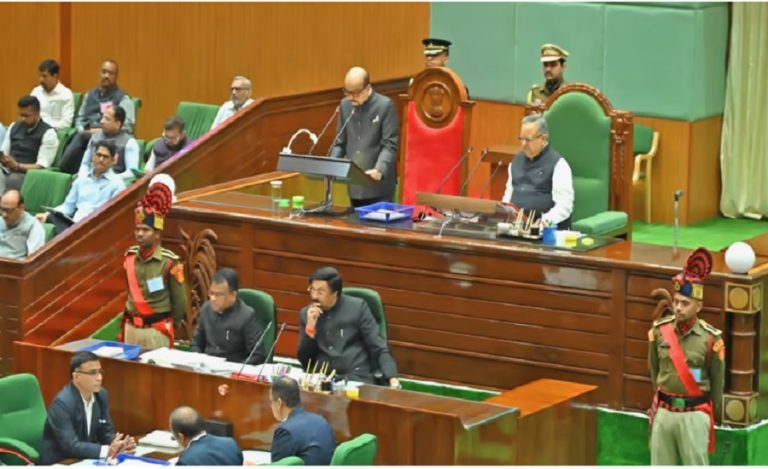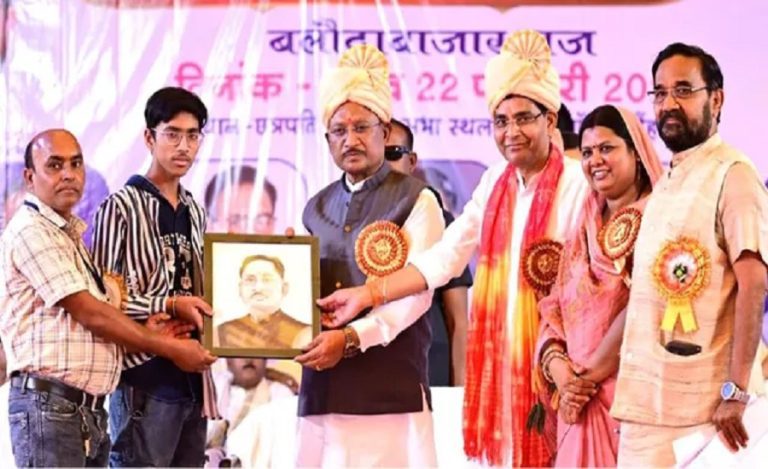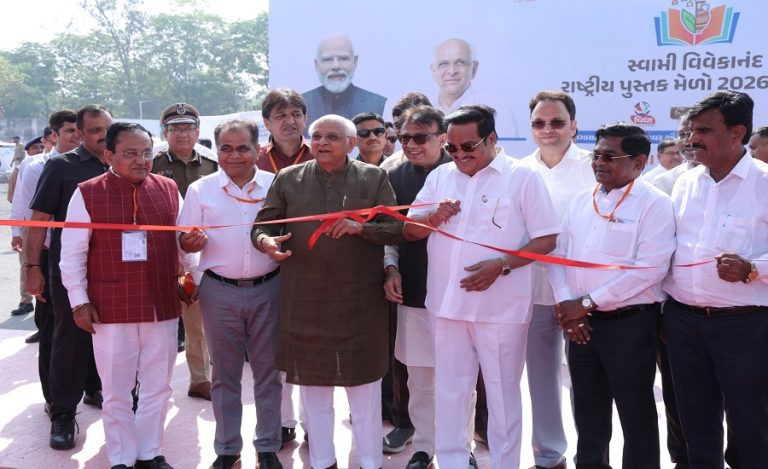In the lush, river-carved landscapes of Assam’s Sivasagar district, a quiet revolution is unfolding on Moh Khua Chapori, a sprawling riverine island. This innovative river island project, a partnership between the district administration and QuickEdge Integrated LLP, is not just about planting bamboo—it’s about sowing seeds of hope for local communities and fostering harmony with the region’s majestic elephants. By addressing unemployment and human-elephant conflict, this initiative is emerging as a model for sustainable development.
THE ISSUE
Borgaon village, nestled within the Rajabari gaon panchayat, is home to diverse communities, including Deori, Mising, Gorkha, and ‘tea tribe’ people. These residents rely on farming, cow rearing, and fishing, but their livelihoods are constantly threatened by annual floods and escalating human-elephant conflicts. A tragic incident last year, where a woman lost her life to an elephant attack, underscored the urgency of finding sustainable solutions.
Assam, with its population of 5,719 wild elephants, is a critical conservation zone for Asian elephants, but it’s also a hotspot for human-wildlife conflict. Studies indicate that forest cover dropping below 30-40% triggers an expansion of conflict areas, as elephants, driven by habitat loss, venture into human settlements in search of food. The river island project aims to address this complex challenge by creating a win-win scenario for both people and wildlife.
THE HEART OF THE PROJECT
At the core of the initiative is a large-scale bamboo plantation on Moh Khua Chapori, a previously underutilized riverine island. Between May and June last year, 70,000 bamboo saplings were planted across 80 hectares, with an additional 20 hectares dedicated to napier grass—a strategic choice to provide elephants with an alternative food source, reducing their need to raid agricultural fields. The bamboo is destined for sale to a bamboo-based ethanol refinery, creating a sustainable revenue stream.
The project is a public-private partnership (PPP) with QuickEdge Integrated LLP, a company incorporated in 2019 with a focus on renewable energy and sustainable development. With over 40 years of composite professional experience, QuickEdge brings technical and commercial expertise to ensure the project’s environmental and economic goals are met.
ECONOMIC EMPOWERMENT
The river island project is already making a tangible difference in Borgaon. During the plantation phase, 70-80 locals worked daily, earning wages under the National Rural Employment Guarantee Act (NREGA) for tasks like digging trenches. The initiative promises further employment opportunities in the harvesting, transporting, and processing of bamboo, offering a stable income source for communities vulnerable to floods and wildlife conflicts.
A key feature of the project is its revenue-sharing model: 40% of the proceeds from bamboo sales will be allocated to the Rajabari gaon panchayat. This financial boost could fund community infrastructure, such as schools, healthcare centers, or flood-resistant facilities, enhancing the quality of life for residents. By integrating economic empowerment with environmental goals, the project is fostering a sense of ownership among locals.
TACKLING HUMAN-ELEPHANT CONFLICT
Human-elephant conflict in Assam has reached what some experts call a “disaster proportion,” with casualties surpassing those from natural disasters like floods. The napier grass plantation on Moh Khua Chapori is designed to lure elephants away from crops, but challenges persist. Elephants have breached the trenches meant to contain them, particularly during floods, highlighting the need for more robust measures.
To address this, the project team is planning to install solar fencing before the monsoon season. This innovative solution, combined with the napier grass, could create a sustainable buffer between humans and elephants, reducing economic losses for farmers and enhancing safety for both communities and wildlife. The approach aligns with broader conservation strategies, such as habitat restoration and natural fencing, advocated by experts to mitigate conflict.

A VISION FOR SCALABILITY
The river island project’s impact extends beyond Sivasagar. Aditya Vikram Yadav, the former district commissioner of Sivasagar and now joint secretary at the Assam Chief Minister’s Secretariat, sees the project as a blueprint for other regions. “Sivasagar faces frequent floods from the Brahmaputra. We built bamboo forests & restored elephant corridors for carbon sequestration, erosion control, & reducing human-animal conflict. This model can be replicated in wastelands across Assam and beyond, addressing both human-animal conflict and economic challenges,” he said during a discussion at a media platform.
The project’s scalability is particularly promising given Assam’s extensive wastelands and the broader issue of human-wildlife conflict in India. By combining economic incentives with conservation efforts, it offers a replicable framework for sustainable development in flood-prone and conflict-affected areas.
BROADER IMPLICATIONS
The river island project is part of a larger effort to address human-elephant conflict in Assam, where initiatives like the ‘HaatiApp’—a mobile application for early warning systems—are also being developed. By integrating traditional conservation methods with modern technology and economic incentives, the project contributes to a holistic approach to coexistence.
Its success could inspire similar initiatives in other elephant-range states, where habitat loss and human expansion continue to drive conflict. Maintenance of remaining forest areas, reforestation, and habitat corridors, as suggested by research, could complement such
The river island project in Sivasagar is a testament to the power of innovative governance and community engagement. By creating jobs, fostering local development, and mitigating human-elephant conflict, it offers a sustainable path forward for Assam’s rural communities. As it continues to evolve, it stands as a beacon of hope—not just for Sivasagar, but for regions across India facing similar challenges.

